Disclosure: This article contains affiliate links. We may earn a commission from purchases at no extra cost to you, which helps our travel content.
When I tell folks I'm heading to Rwanda, they immediately ask about gorilla trekking. Don't get me wrong – those magnificent creatures are bucket-list worthy – but there's a whole different Rwanda waiting to be discovered in Butare (officially Huye). This university town might not make the glossy travel brochures, but it's exactly where budget-conscious travelers should be pointing their compasses. As someone who's spent fifteen years restoring stone structures brick by meticulous brick, I've developed an appreciation for places built on strong foundations – both architectural and cultural. Butare delivers that authentic experience without the premium price tag that comes with Rwanda's more famous attractions. Whether you're a student looking to stretch those dollars or just someone who values genuine cultural connections over tourist traps, this southern gem offers the perfect blend of affordability, accessibility, and those priceless moments that make travel worthwhile. Grab your notebook – this mason's about to break down Butare like a perfectly cut cornerstone.
Navigating Butare on a Student Budget
Let me lay this foundation first: Butare is a university town, home to the National University of Rwanda, which means it's built for student budgets. This isn't Kigali with its fancy cafés and tourist markup. Here, your money stretches like quality mortar between bricks.
Getting around is refreshingly straightforward. The city center is compact enough to navigate on foot, saving you transportation costs. For longer distances, moto-taxis (motorcycle taxis) are your best friend – usually under 500 Rwandan francs (about 50 cents) for trips within town. Just be sure to negotiate before hopping on, and don't be afraid to counter-offer. If you're staying longer than a few days, consider grabbing a portable translator to help with negotiations and daily interactions. Mine has paid for itself many times over in the money I've saved by being able to chat directly with locals.
For accommodations, skip the few overpriced hotels and look for guesthouses near the university. My go-to is Shalom House, a clean, no-frills spot with rooms from $15-20/night and the kind of authentic hospitality you can't manufacture. The owner, Claudine, often throws in breakfast if you're staying multiple nights – just ask with a smile. Another solid option is staying with local families through homestay programs organized by the university's cultural center – typically around $10-15/night including home-cooked meals.
One budget hack I've perfected: visit the local market early (around 7am) when vendors are setting up. That's when you'll find the freshest produce at the best prices, plus you can practice your bargaining skills when merchants are in good spirits and ready to start their day with a positive sale.
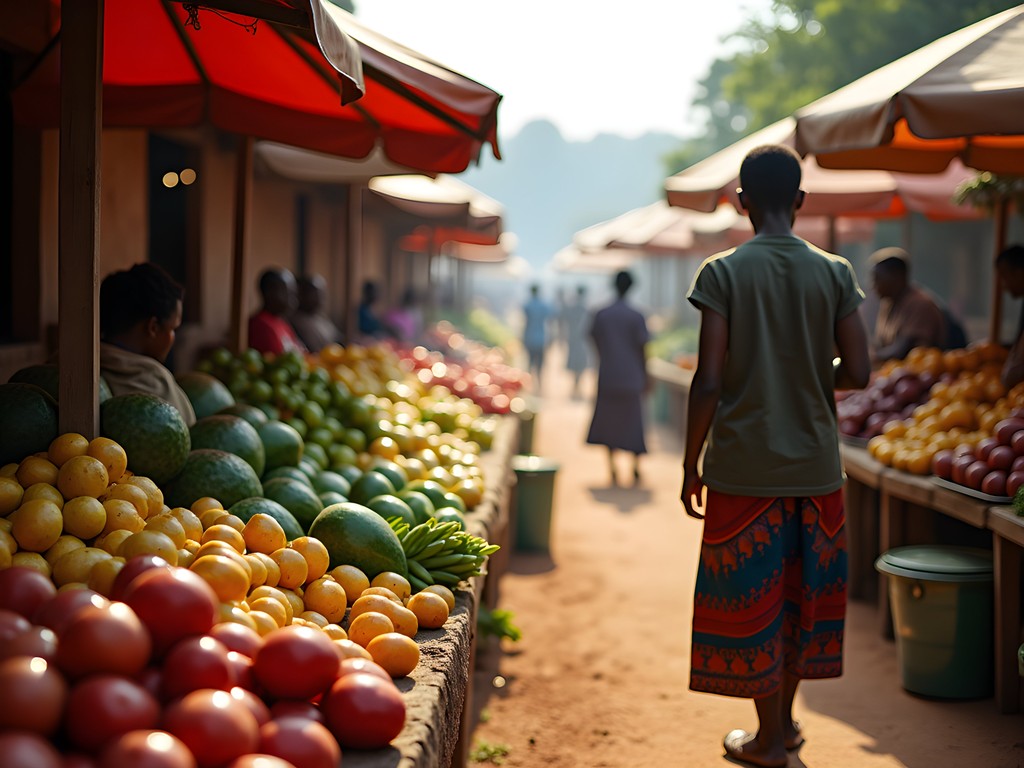
💡 Pro Tips
- Download a moto-taxi app like SafeMotos to ensure fair pricing
- Carry small denominations of Rwandan francs for easier transactions
- Student ID cards can get you discounts at cultural sites and some restaurants
Cultural Immersion Without Breaking the Bank
Butare houses Rwanda's most significant cultural institutions, and the best part? They're surprisingly affordable. The National Museum of Rwanda (officially the Ethnographic Museum) is the cornerstone of any visit. At just 6,000 Rwandan francs (about $6) for foreign visitors, it's a steal for what you get – a comprehensive journey through Rwanda's rich cultural heritage. Pro tip: ask for Emmanuel as your guide. The man's knowledge runs as deep as a properly laid foundation, and his personal stories add context you won't find on any information plaque.
For a free cultural experience, head to the National University of Rwanda on Wednesdays around 4pm when student cultural groups often practice traditional dance and music in the main courtyard. I've spent hours watching these rehearsals, sometimes getting pulled in to learn a move or two (I'm terrible, but the students are gracious teachers).
The nearby Nyanza King's Palace offers another affordable glimpse into Rwanda's pre-colonial history. For about $5, you can explore the reconstructed residence of the Rwandan monarchy, complete with traditional architectural elements that speak to my mason's heart. The intricacy of the thatched techniques alone is worth studying.
If you're around on the last Saturday of the month, don't miss Umuganda – Rwanda's mandatory community service day. While it's required for locals, visitors are welcomed and encouraged to participate. I've helped build school walls, clear drainage systems, and plant community gardens. There's no better way to connect with locals than by literally building something together. Bring a reusable water bottle – the work can get hot, but the community connections you'll make are priceless.
For evening entertainment, check out the Cultural Center near the university where they host affordable performances (usually under $3) featuring traditional Intore dancers. The rhythmic movements telling stories of warriors and celebration will stay with you long after you've left Rwanda.
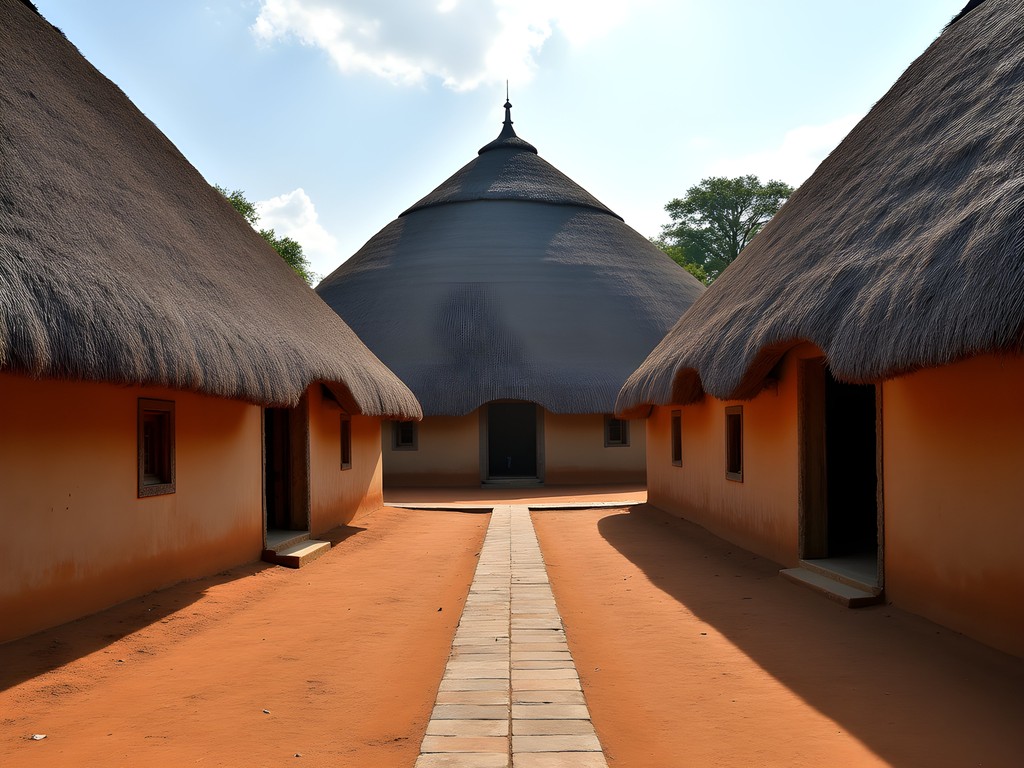
💡 Pro Tips
- Visit the National Museum on weekday mornings to avoid student groups
- Bring a notebook for the King's Palace – photography is restricted in some areas
- Ask university students about upcoming cultural events – they're usually free or very cheap
Eat Like a Local, Pay Like a Student
If there's one thing I've learned from fifteen years in construction, it's that good fuel keeps you going – and Butare serves up some of Rwanda's best food at prices that won't stress your wallet. The key is to eat where students eat.
Start your day at Cafe Connexion near the university, where a filling breakfast of African tea, mandazi (fried bread), and eggs costs less than $2. Their coffee is locally sourced from nearby hills and packs the kind of punch needed for a full day of exploration.
For lunch, the food market behind the main bus station is my go-to. Look for the stalls with the longest lines of locals (always a good sign) and try igisafuria – a hearty stew of beans, sweet potatoes, and plantains that costs about 1,000 Rwandan francs (roughly $1). It's the equivalent of a mason's lunch – filling, nutritious, and gives you energy for hours.
Dinner brings more options. Ibis Restaurant serves generous portions of brochettes (meat skewers) with sides for about $3-4. If you're craving something familiar, Butare has a surprising pizza scene thanks to the university population. Volcano Restaurant makes a decent wood-fired pizza for about $5-6 – not the cheapest option but a good break if you're missing Western food.
Street food is where the real budget magic happens. The area around the university gates comes alive after 7pm with vendors selling everything from grilled corn to chapati (flatbread) with beans. My personal addiction is the sambaza (small fish) fried with onions and chili – a protein-packed snack for less than a dollar.
For self-catering options, I always pack my travel spice kit with basic seasonings. The local markets sell everything you need to cook simple meals, and many guesthouses offer kitchen access. This little investment has saved me hundreds in food costs while traveling through East Africa.
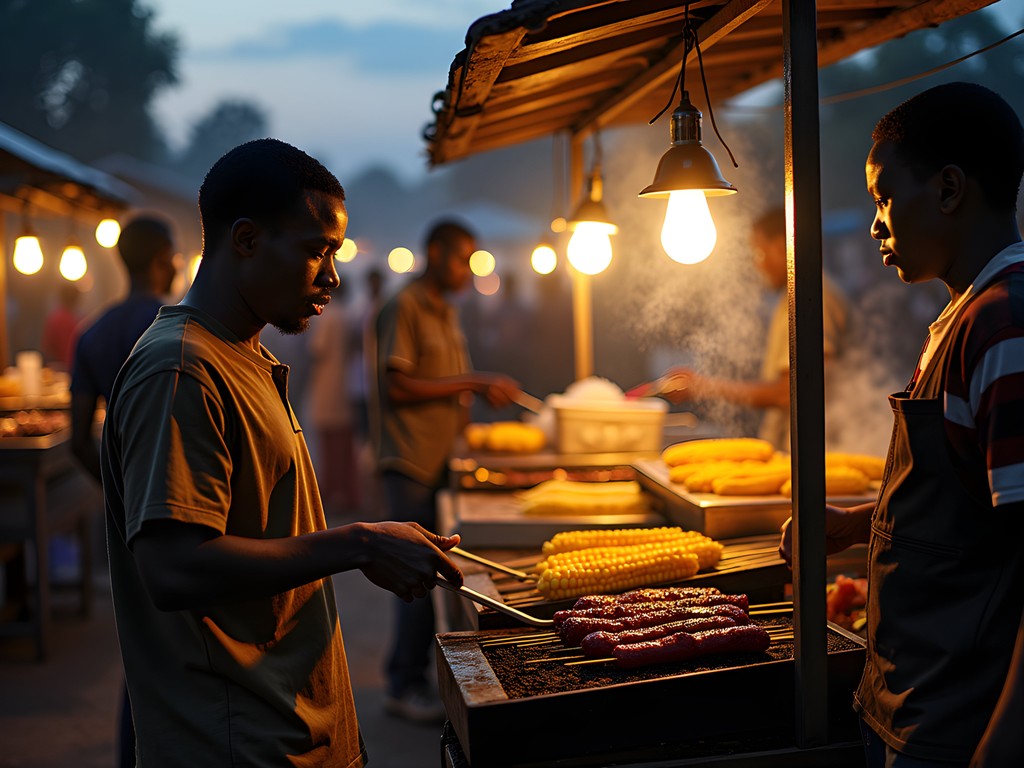
💡 Pro Tips
- Always confirm prices before ordering at informal eateries
- Look for restaurants with handwritten menus – they usually update prices based on market costs
- Learn the phrase 'Birahari?' (How much is it?) to negotiate food prices confidently
Connect with Butare's Student Community
What makes Butare special isn't just its affordability or cultural sites – it's the vibrant student community that gives this town its unique energy. As someone who's built structures to last generations, I appreciate how education builds lasting foundations for communities.
The heart of student life is the National University of Rwanda campus. Unlike many institutions worldwide, visitors are generally welcome to explore the grounds, use the library (for a small fee), and even attend public lectures. The campus bookstore sells second-hand textbooks and literature about Rwanda at student prices – I picked up several excellent books on Rwandan architecture for under $10 total.
For meaningful connections, check the notice boards around campus for English conversation clubs. These informal gatherings welcome foreigners eager to share their language skills while learning about Rwandan culture. I've made some of my most lasting friendships through these exchanges.
Café Connexion and Shalom Café near the university are prime spots for striking up conversations with students. Many are eager to practice English and share their perspectives on Rwanda's development. Order a coffee (about 700 francs/$0.70) and you can comfortably occupy a table for hours of enriching conversation.
If you're staying longer, consider joining a university yoga class. As a yoga enthusiast, I was thrilled to discover weekly sessions at the student recreation center that welcome visitors for about $2 per class. I brought my trusty travel yoga mat which has become my constant companion for finding wellness spaces wherever I travel.
Don't miss karaoke nights at Volcano Restaurant on Thursdays – they're legendary among students and surprisingly international, with songs in Kinyarwanda, English, and French. Even if you don't sing (though I always do – my rendition of Whitney Houston's classics gets mixed reviews), it's a window into contemporary Rwandan youth culture that few tourists experience.
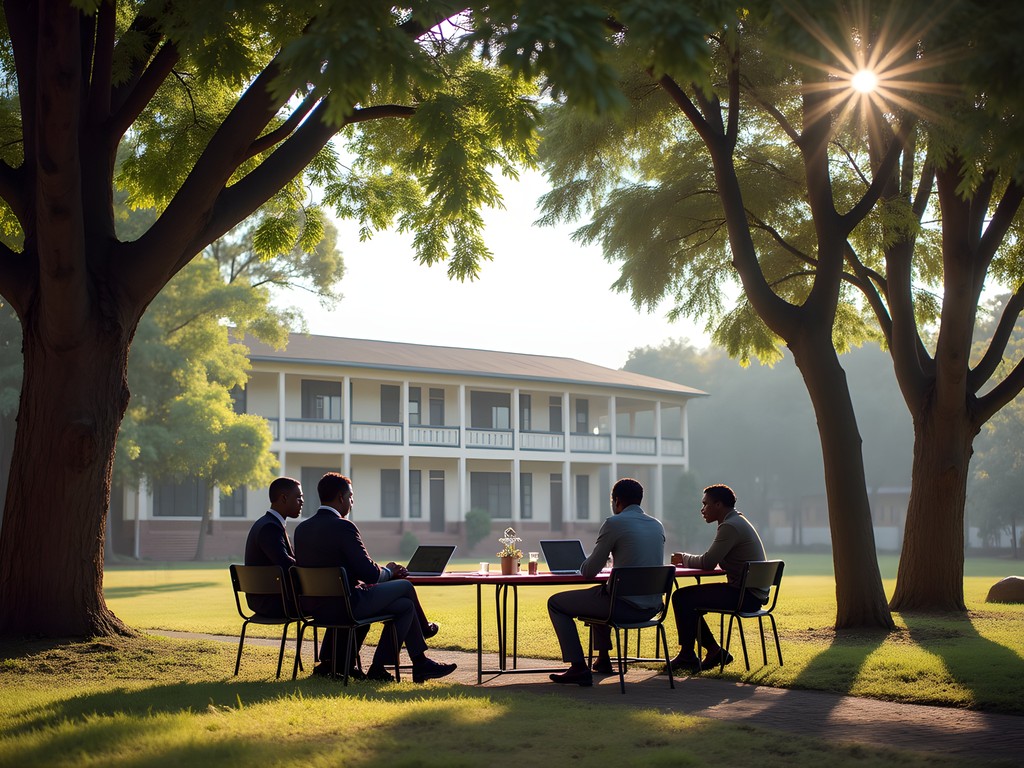
💡 Pro Tips
- Learn basic Kinyarwanda greetings to break the ice with students
- Bring small gifts from your home country to share with new friends (university supplies are especially appreciated)
- Offer to help with English assignments – it's a great way to build meaningful connections
Day Trips That Deliver Value
While Butare itself offers plenty to explore, some of Rwanda's most impressive experiences lie just beyond the city limits. The beauty of basing yourself here is that these day trips cost a fraction of what you'd pay from Kigali.
Just 45 minutes south by local bus (costing less than $1) is Nyungwe Forest National Park, one of Africa's oldest rainforests. While the full park experience can be pricey, the buffer zone offers affordable hiking opportunities with stunning biodiversity. The Uwinka Trail at the park's edge costs about $10 for self-guided hiking – I've spotted monkeys, exotic birds, and even a chameleon without paying for an official guide. If you do splurge on one thing, make it the canopy walk ($60) – walking 70 meters above the forest floor gives you a perspective that's worth every franc.
For history buffs, the Murambi Genocide Memorial is a sobering but essential visit, located about 30 minutes east by moto-taxi (round trip should cost around $5-6). There's no entrance fee, though donations are welcomed. Unlike the more crowded memorials in Kigali, here you'll often have space for quiet reflection.
My favorite day trip combines culture and nature at Nyanza, just 30 minutes north by local bus. After exploring the aforementioned King's Palace, continue to the nearby hills for spectacular views of the surrounding countryside. The locals call one particular viewpoint 'Photo Hill' – you'll understand why when you see it. Pack a compact binoculars to fully appreciate the layered landscape of terraced farms and distant mountains.
For something truly off the beaten path, ask at your guesthouse about visiting local pottery cooperatives in the surrounding villages. Many welcome visitors to observe traditional techniques that haven't changed for generations. As someone who works with my hands, watching these artisans transform clay into functional art speaks to my soul. You can usually purchase pieces directly from the artists at a fraction of what you'd pay in Kigali's tourist shops.
Remember that transportation back to Butare becomes scarce after dark, so plan to return by 5pm unless you're willing to pay premium prices for private transport.
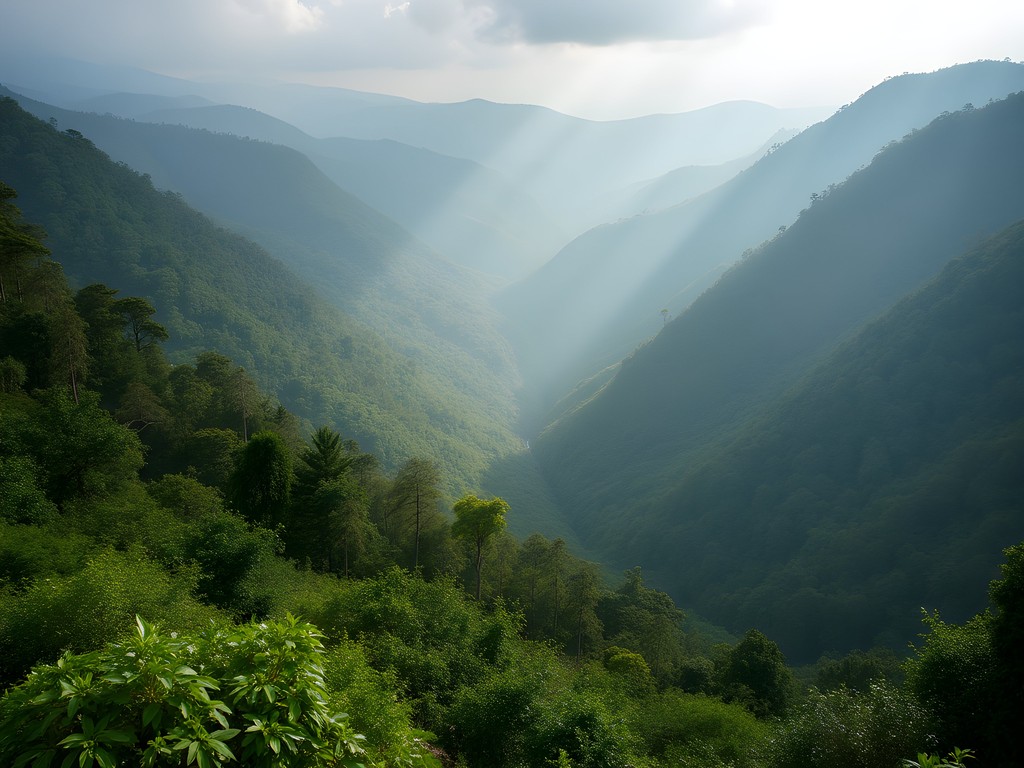
💡 Pro Tips
- Buy bus tickets to Nyungwe a day in advance as morning buses fill quickly
- Bring your student ID for potential discounts at Nyungwe Forest activities
- Pack twice as much water as you think you'll need for day trips – Rwanda's hills are more demanding than they appear
Final Thoughts
Butare might not have the name recognition of Kigali or the wildlife appeal of the national parks, but for students and budget travelers seeking authentic Rwanda, it's the perfect cornerstone for your journey. What this university town lacks in tourist infrastructure, it makes up for in genuine connections, affordable experiences, and the kind of cultural immersion that money can't buy. Like any good masonry project, the best travels are built layer by layer, with patience and attention to what lies beneath the surface. Butare rewards those willing to look beyond the glossy guidebook recommendations with a Rwanda that's simultaneously traditional and forward-looking, challenging and welcoming. So pack light, bring an open mind, and prepare to experience Rwanda the way locals do – your wallet will thank you, but more importantly, your travel memories will be built on the solid foundation of authentic experiences.
✨ Key Takeaways
- Butare offers authentic cultural experiences at student-friendly prices
- Connecting with the university community provides unique insights into contemporary Rwanda
- Eating where locals eat can cut your food budget by 70% while providing better cultural immersion
- Affordable day trips from Butare access experiences that would cost much more from Kigali
📋 Practical Information
Best Time to Visit
Year-round, though June-August and December-February offer the driest conditions
Budget Estimate
$25-35/day including accommodation, food, and activities
Recommended Duration
4-7 days
Difficulty Level
Moderate
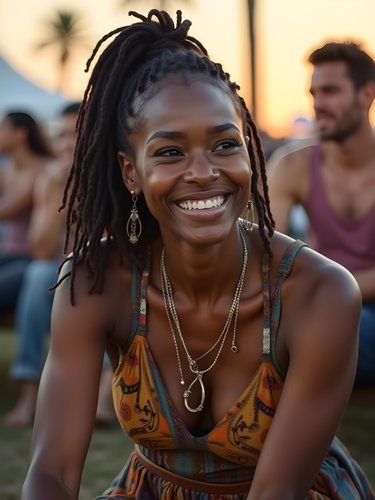
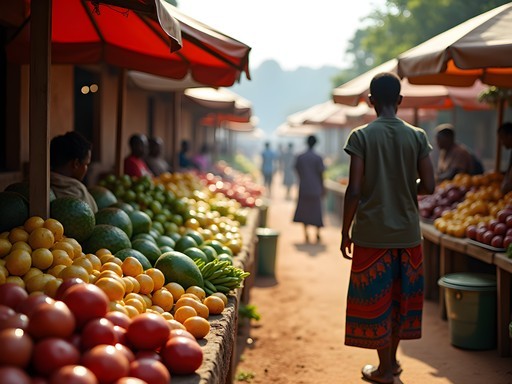
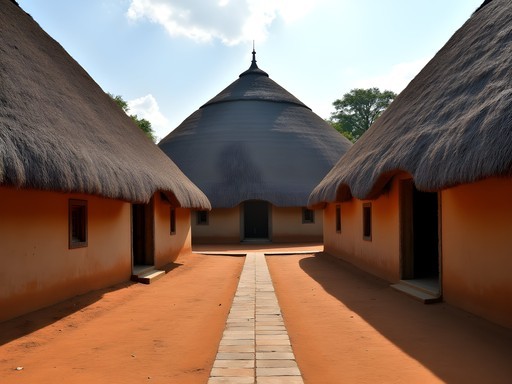
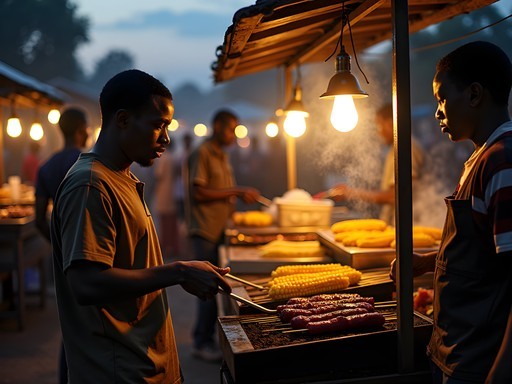
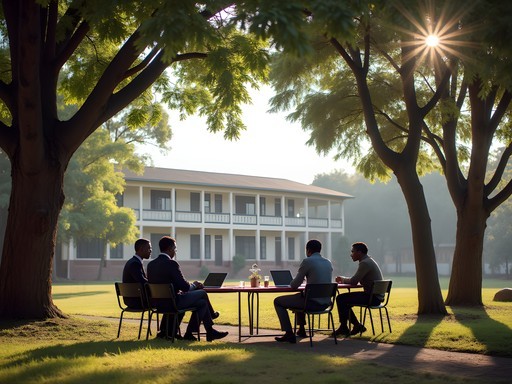
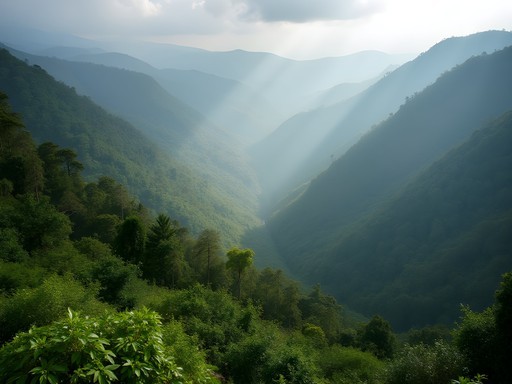


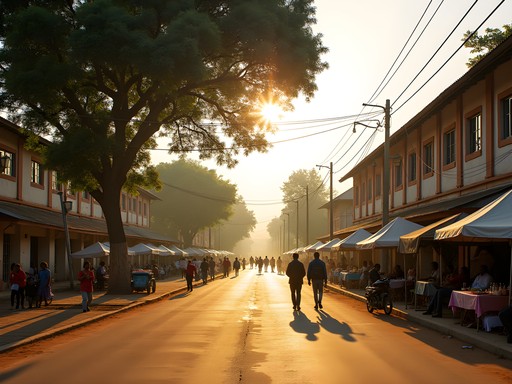
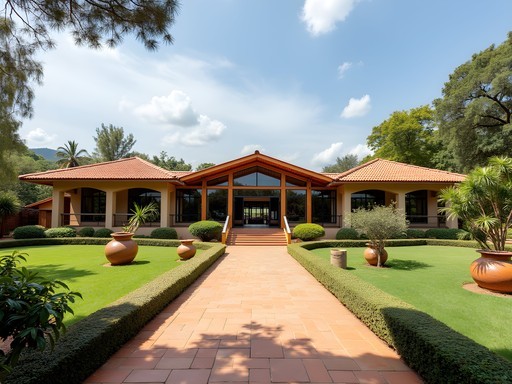

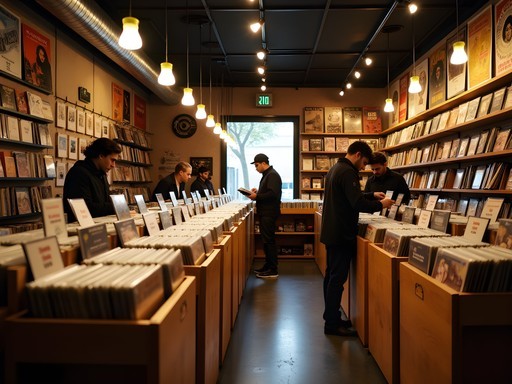
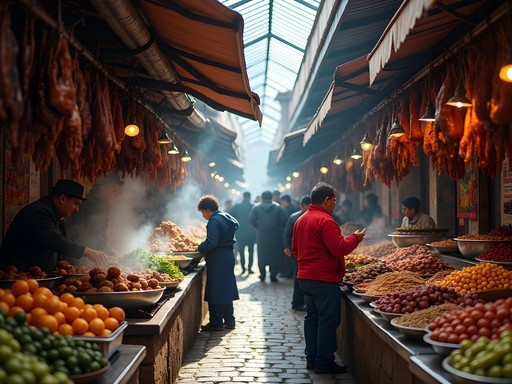
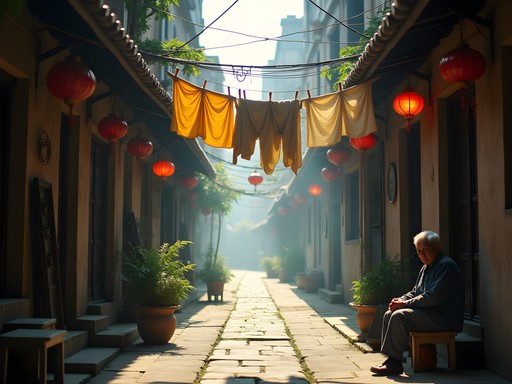

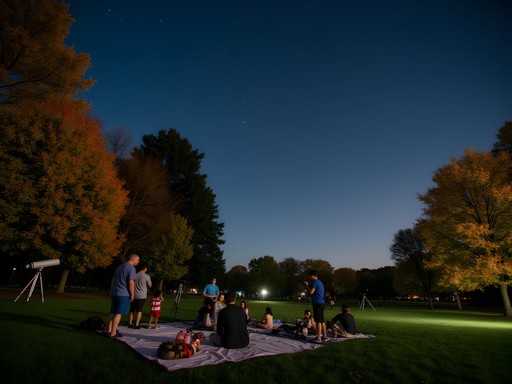
Comments
greenpro
Great post! Quick question - what's the best way to get there from Kigali? Bus or shared taxi?
Zoe Rogers
Bus is cheapest (around $3-4) and super comfortable. Takes about 2.5 hours. Shared taxis are faster but cost more. I always take the bus - good wifi and you meet locals!
adventuremood
Spent 3 weeks in Butare back in 2023 and this brought back so many memories! The brochette spots near the university are unbeatable. One tip I'd add - if you're there on a Saturday, the market near the bus station has incredible handmade baskets and textiles for way cheaper than Kigali. Also the genocide memorial there is incredibly moving and less crowded than the one in the capital. Did you try the local banana beer? It's an acquired taste but worth experiencing lol
greenpro
banana beer sounds interesting! is it strong?
adventuremood
Not really, pretty mild actually. More sweet than anything. You drink it from a communal pot with straws which is part of the experience
escapestar
This is exactly what I needed! Going in April.
Savannah Torres
Love this perspective! We took our kids to Kigali last year but I wish we'd known about Butare then. The cultural immersion you describe sounds so much more authentic than the typical tourist circuit. My 8-year-old is obsessed with trying local foods everywhere we go, so those student cafeteria tips are gold. The price points you mention are incredible too - we spent way more in the capital. Definitely adding this to our return trip list. How easy is it to find English speakers there?
Zoe Rogers
Most students speak great English! It's actually easier than Kigali in some ways because of the university. Your kids would love the cultural center - they do family-friendly programs on weekends.
journeytime
how safe is it for solo travelers? especially women?
Zoe Rogers
Really safe! Butare feels very secure, even at night. The student areas are especially welcoming. Just use normal travel precautions.
journeytime
awesome thanks!
Jean Wells
Excellent coverage of a destination that deserves more attention. Having visited Rwanda multiple times over the past decade, I've observed how Butare offers a more authentic glimpse into Rwandan life than the increasingly internationalized Kigali. Your budget recommendations are spot-on - I'd add that visiting during university cultural festivals (usually April and October) provides even more immersive experiences. One point worth mentioning: the National Ethnographic Museum recently expanded their collection with a fascinating exhibit on traditional healing practices. For those interested in Rwanda's pre-colonial history, it's absolutely essential.
Zoe Rogers
Thanks for that insight about the museum's new exhibit, Jean! I must have just missed it. And great tip about the cultural festivals - I'll have to time my next visit around one of those.
vacationway
OMG THANK YOU FOR THIS!!! 🙌 I've been planning a Rwanda trip and everyone keeps telling me I only need to see Kigali and do gorilla trekking. Definitely adding Butare to my itinerary now! Those market photos are gorgeous!
summerbuddy
Just got back from Rwanda last month and wish I'd seen this post before! We only spent a day in Butare but should've stayed longer. The National Museum was fascinating and we had an amazing lunch at that university cafeteria you mentioned. So cheap and the food was delicious! Totally agree about connecting with students - we met some really friendly people who showed us around campus. Next time I'll definitely try that homestay option.
skyperson
Great post! How did you handle transportation between Kigali and Butare? Is it easy to navigate as a solo traveler who doesn't speak the language?
Zoe Rogers
Thanks! The buses between Kigali and Butare are actually really straightforward. I used Virunga Express - they run every hour, cost about $5, and the journey takes around 2.5 hours. Just go to the Nyabugogo bus station in Kigali and you'll find plenty of options. Most Rwandans in the tourism industry speak some English, and people are incredibly helpful even with language barriers!
Claire Hawkins
This brings back such memories! I took my family through Rwanda last year and we almost skipped Butare - what a mistake that would have been! My kids still talk about playing football with the university students and how they taught them local games. The homestay experience was the highlight of our trip - our host mama's cassava leaves with peanut sauce was better than any restaurant meal we had. If anyone's planning a visit, I'd recommend bringing a phrase book - the locals really appreciated our attempts at their language, even when we butchered it!
vacationway
Did you feel safe traveling with kids there? We're thinking about bringing our 10 and 12 year olds next year!
Claire Hawkins
Absolutely! Rwanda is one of the safest countries we've visited in Africa. Our kids (8 and 11) had an amazing time and the locals were incredibly welcoming to them. Just prepare them for being minor celebrities - lots of friendly attention!
Venture X
Premium card with 2X miles, $300 travel credit, Priority Pass